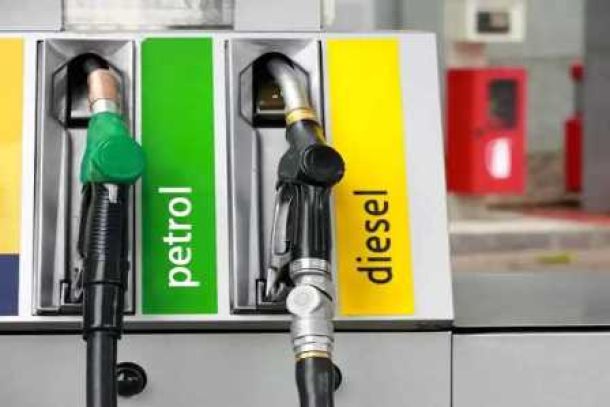Credit card spend to grow 25% this month
Big four bank FNB says it expects consumers to spend 25 percent more on their credit cards this year than the usual average monthly spend.
In a statement issued on Monday, the bank says there is a consistent trend for consumers to spend far more over the festive month than usual.
According to FNB Credit Card, credit card customers spent a total of R6.7 billion over the December period last year, a 22 percent increase when compared to the rest of the year. The largest increases in spend were on entertainment followed by luxury goods and then home spending.
“We looked at our entire database, and took into account the average spend from January to November last year, and the relative increase seen in December 2015, to give an indication of how much more customers may expect to spend over this festive season,” says Chris Labuschagne, CEO of FNB Credit Card.
The latest statistics from the National Credit Regulator – for the June quarter – indicates that there are 24.08 million credit-active consumers, of which 9.67 million have impaired credit records.
In total, consumers owed R1.66 trillion at the end of June, with R12 billion owing on credit cards.
FNB Credit Card data shows that, on average, customers who usually spend R6 650 on their card during the year increased their spend by R1 460 in December 2015 to an average of R8 100 per customer.
Entertainment
The biggest jump, of 52 percent, is seen in the entertainment category, which went from an average of R447 million, up by R234 million, to a total of R681 million spent in December. Entertainment includes restaurants, liquor stores, tickets for theatre and events, as well as sport.
Another large increase is seen in luxury goods. Consumers spend 51 percent more than usual at toy, clothing, electronic and jewellery stores during December compared to the rest of the year. Average spend in this category increases from R241 million to R365 million, during this time.
Interestingly, home spend—which is spend at furniture, hardware and garden stores—increased by 44 percent in December when compared to the rest of the year, from an average of R281.2 million to R404 million, as consumers take time out to make home improvements.
“Our customers spent on average R350 per month on items for their homes during the year and this went up to R485 in December 2015,” says Labuschagne.
Health and beauty sees an increase of 42 percent, from R158.9 million to R225.7 million, and grocery bills go up from an average of R919 million to R1.2 billion, an increase of 40 percent.
Although South Africans are not travelling to work every day, there is still a 12 percent increase in petrol for the period as families travel to holiday destinations.
The only category that sees a significant decrease is spend on airline tickets, which dives by 25 percent—R292 million spent monthly during the year versus R220 million in December—as most South Africans are already at their holiday destinations.
News Category
- International retailers
- On the move
- Awards and achievements
- Legislation
- Wine and liquor
- Africa
- Going green
- Supplier news
- Research tools
- Retailer trading results
- Supply chain
- Innovation and technology
- Economic factors
- Crime and security
- Store Openings
- Marketing and Promotions
- Social Responsibility
- Brand Press Office
Related Articles

South Africans to expect big petrol price cuts

Confirmed: Petrol, diesel price cuts on Wednesday

SA poultry industry calls for targeted chicken ...

Empowering South African households through gro...


